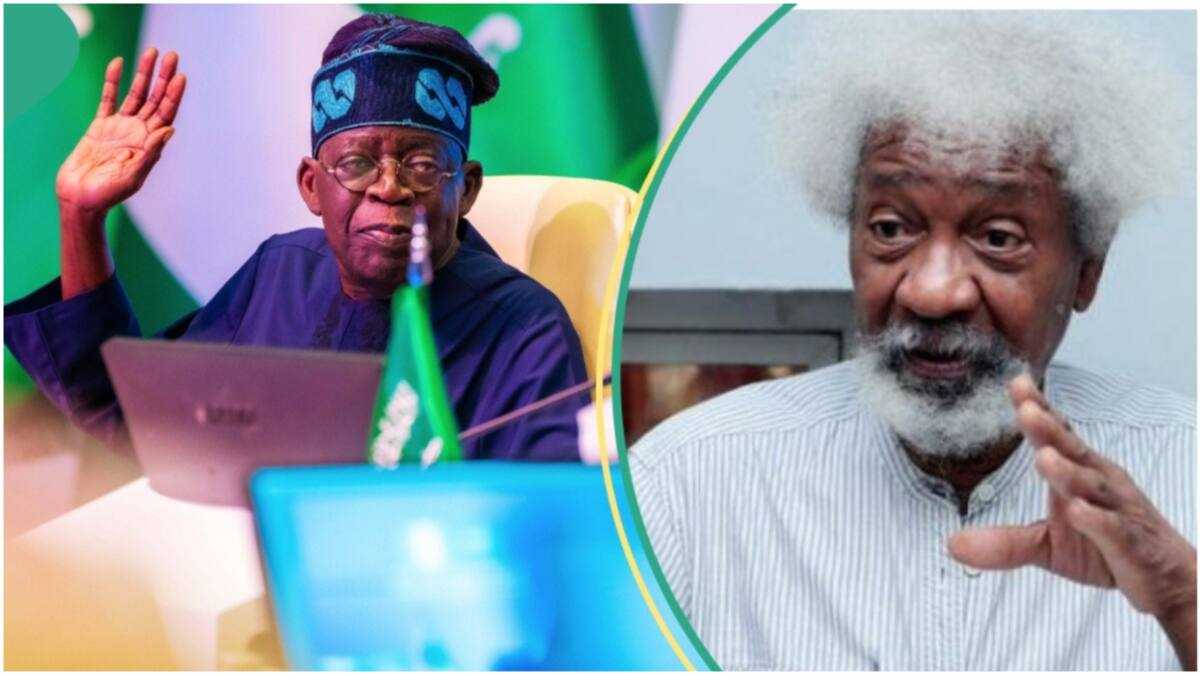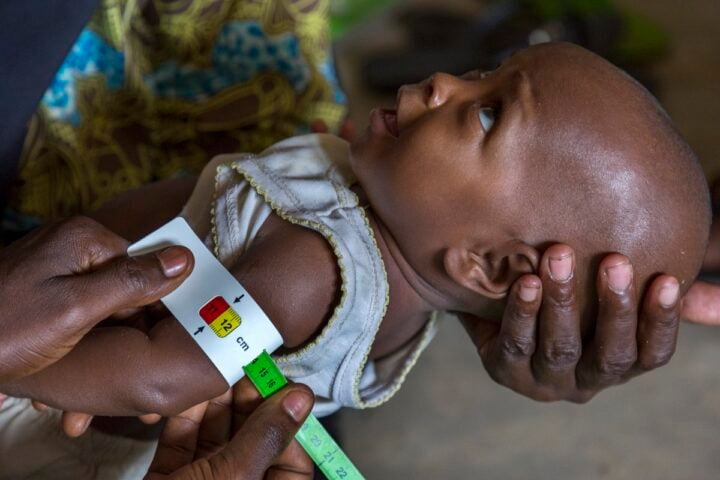West Africa's hidden border economy: A journey through migrant suffering and state complicity | TheCable
The modern African state, I came to realise, is less concerned with preserving human dignity than with maintaining control and appearance. But control for whom? Not for those at the margins, not for the trafficked, the smuggled, or the desperate.
Rather than take the sanitised, official travel route, I decided to go through the back doors — unofficial corridors, where most real movement occurs. I expected secrecy and obscurity. Instead, I found brazen openness. These informal routes weren’t always hidden in forests or remote trails. They were busy public zones, humming with life and trade, monitored and exploited by state security personnel and civilian “agents” working hand in glove.
At nearly every crossing, I was “processed” by an invisible network: bus and cab drivers, motorcycle riders, mobile money agents, park touts, and uniformed officers. Each one played a role in the informal migration machine. They weren’t hiding. They were thriving.
Despite following a passport-free path, I insisted on stamping my documents for official record, if not protection. This irritated the handlers at every stop. I was overcharged at almost every crossing, sometimes deliberately misled due to my unfamiliarity with local exchange rates. One of the busiest border towns between Ghana and Togo was the most expensive — I paid a combined ₦30,000 for entry and exit stamps, at exchange rates dictated by mobile money agents in cahoots with migration officers. (Elsewhere, such as one crossing between Togo and Benin, I paid ₦12,000; and another axis linking Benin and Nigeria charged me ₦6,000.) To fellow travellers, I must have looked foolish: why take this route and still insist on legality? Some even jeered at me for paying more than necessary.
At the Ghana-Togo corridor, I was ferried around an official post on a motorcycle, through winding village roads teeming with activity — children playing, women trading, men lounging, touts calling out. Life thrived at the margins of legality, right on the line that supposedly separates nations.
There were muster points where migrants gathered before being handed off to the next link in the chain. Payments were made in cash or via mobile phones to agents across borders. You paid one in Ghana and were received by another in Togo, who connected you to Benin or Nigeria, depending on your destination and budget.
Despite formal appearances, there were few real checks at most crossings. “Searches” were often performative. Bribes changed hands openly. I wondered what would happen if a migrant carried weapons, drugs, or trafficked children? (Indeed, some children travelled with us late into the night on dangerous terrain.) Would it matter — or was payment all that mattered? The borders weren’t porous. They were profitable.
At one muster point, I met a young man with a grotesquely swollen black eye. His shirt clung awkwardly to his body, and when he took it off, deep reddish-purple gashes criss-crossed his back — signs of torture. He gave only his first name: Godwin.
Godwin (not his real name) said he was trafficked from Nigeria to Ghana. A friend had convinced him to leave behind his wife, child, and small business in search of a better future. He thought he was going to learn fashion design. Instead, he found himself trapped in a house with other young Nigerian men, forced into online financial fraud operations.
Trouble began when he refused to hand over his bank account and tried to leave. His “boss” ordered a beating. “They used machetes,” he told me. “Even my boss joined. They filmed me naked. I passed out from the pain.”
Eventually, the traffickers realised he might die in their hands. A familiar ride-hailing driver was called. The boss rode with him, but left midway. Out of pity, the driver took Godwin to receive first aid. “I don’t like how he treats people,” the driver said. “I just answered his call to save your life.”
Thanks to a few good Samaritans, Godwin began the homebound journey, where we met. His friend, who lured him in, was still trapped. “The syndicate paid for everything: transport, accommodation, even food. But once you arrived, they owned you. They seized passports. Leaving wasn’t an option unless you risked your life,” he said.
Along one informal route, a couple of officials noticed Godwin’s swollen face. When he claimed it was from an accident, they let us pass. One officer suspected the scars were from torture, but his supervisor seemed more interested in collecting the fare. This time, I was exempted — perhaps because I carried a valid passport.
Godwin’s story is one among thousands, but it reveals a chilling reality: trafficking is no longer hidden — it is embedded. It moves with efficiency, flexibility, and apparent state complicity.
The problem isn’t a lack of border walls. It’s who mans them. The system isn’t failing — it’s functioning as designed: to benefit those who profit from disorder while endangering those forced to move.
This wasn’t just a research trip. It was a confrontation with the near-total absence of protection for the vulnerable in West Africa’s migration economy. The suffering, the scars, and the collaborative exploitation all point to a region where borders are not lines of defence, but points of transaction.
West Africa’s migration corridors are not chaotic; they are choreographed systems of survival and exploitation. The issue is not failure of governance, but a failure of empathy. The violence suffered by migrants like Godwin is not incidental; it is embedded in a border economy that treats human beings as expendable.
Governments must begin with the protection of human dignity. Borders must be reframed not as lines of exclusion but as spaces of ethical responsibility. Migration is not a threat to be managed — it is a cry for justice to be heard.
I propose the creation of Human Dignity Zones at key border points — demilitarised civic hubs jointly managed by local civil society, survivor-led groups, and ECOWAS. These hubs would offer:
Only a politics of care can interrupt a system built on extraction. West Africa needs not just border reform, but a moral reorientation — one that affirms that no human should be brutalised for seeking a future.
Lekan Olayiwola is a peace and conflict researcher and practitioner. He can be contacted via [email protected]
Views expressed by contributors are strictly personal and not of TheCable.











